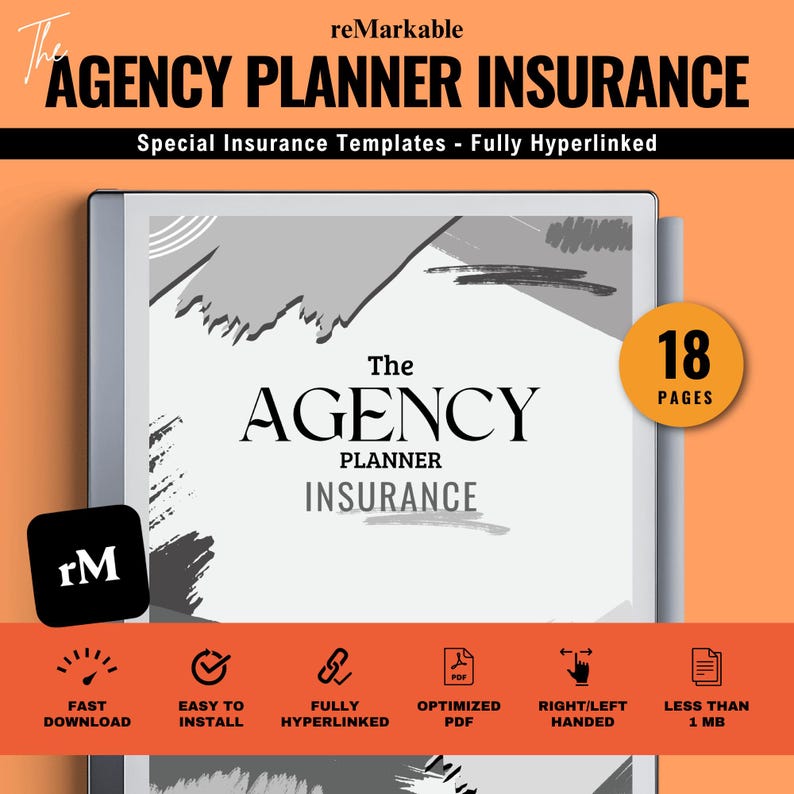Choosing the right life insurance company can feel like a daunting task, especially with so many options out there. But it doesn’t have to be complicated! Picking a trustworthy provider is all about knowing what to look for and understanding your own needs. In this blog, we’ll break down simple, practical tips to help you find a reliable life insurance company quickly and confidently—so you can focus on what really matters: protecting your loved ones and securing your peace of mind. Let’s get started!
Table of Contents
- Understanding What Makes a Life Insurance Company Reliable
- Checking Financial Strength and Customer Service Reputation
- Comparing Policy Options That Fit Your Needs Perfectly
- Tips for Reading Fine Print and Avoiding Hidden Fees
- To Wrap It Up
Understanding What Makes a Life Insurance Company Reliable
Choosing a dependable life insurance company is about more than just reading policies—it’s about trust, transparency, and peace of mind. A reliable company consistently shows financial stability, which means they have the resources to pay claims when it matters most. Look for insurers rated highly by independent agencies like A.M. Best or Standard & Poor’s. These ratings reflect the company’s ability to meet long-term obligations, giving you confidence that your beneficiaries will be protected no matter what.
Beyond the numbers, customer experience plays a vital role. A trustworthy insurer offers clear communication, straightforward policy terms, and responsive support at every step. Consider companies that provide:
- Transparent policy explanations without confusing jargon
- Easy-to-navigate claim processes with quick turnaround times
- Helpful, accessible customer service ready to answer your questions
By prioritizing these elements, you’ll find an insurer that stands not only on solid financial ground but also on genuine commitment to your security and satisfaction.
Checking Financial Strength and Customer Service Reputation
When selecting a life insurance company, diving into their financial health is crucial to ensure your policy is backed by a stable and reliable provider. Look for companies with strong *credit ratings* from trusted agencies like A.M. Best, Moody’s, or Standard & Poor’s. These ratings reflect the insurer’s ability to meet long-term financial obligations, so prioritizing those with an A rating or higher can provide peace of mind. Additionally, check their balance sheets, focusing on reserves and liquidity—these indicators reveal how well the company can handle claims, even in times of financial stress.
Equally important is understanding how a company treats its customers. Positive customer experiences often translate into smooth claims processes and responsive support when you need it most. Explore online reviews and forums, paying attention to both overall satisfaction and complaint ratios reported by watchdog organizations like the Better Business Bureau. Don’t hesitate to ask for feedback from current policyholders, and consider these key factors:
- Claim Settlement Speed: How quickly does the insurer process and pay claims?
- Customer Support Quality: Are representatives helpful and accessible?
- Transparency: Are policy details clearly explained without hidden jargon?
Comparing Policy Options That Fit Your Needs Perfectly
Choosing the right policy doesn’t have to feel overwhelming. Start by identifying what matters most to you—whether it’s comprehensive coverage, flexible premiums, or additional benefits like critical illness riders. Create a checklist that includes your primary priorities and use it as a guide to sift through your options. Keep in mind that the perfect policy is one that aligns not just with your current financial situation but also anticipates your future needs.
When comparing life insurance plans, consider these vital factors to make a confident decision:
- Coverage Amount: Ensure it fully protects your loved ones in case of unforeseen events.
- Premium Flexibility: Check if the plan allows adjustments based on changing financial circumstances.
- Policy Term: Longer terms can provide peace of mind, but shorter ones may suit specific goals better.
- Additional Perks: Look for add-ons such as accelerated benefits or wellness programs.
- Company Reputation: Compare claim settlement ratios to gauge reliability.
By focusing on these elements, you can pinpoint a policy that isn’t just another paper on your desk but a genuine cornerstone of your financial security.
Tips for Reading Fine Print and Avoiding Hidden Fees
When diving into life insurance policies, it’s easy to feel overwhelmed by the jargon and dense legalese. One trick is to take your time and approach the documents like a detective hunting for clues rather than just skimming the surface. Pay special attention to sections that talk about exclusions, penalties, and renewal terms. These areas often hide subtle but critical details that can affect your coverage and costs in the long run. Don’t hesitate to highlight or jot down questions as you go — it’s your right to fully understand what you’re signing up for.
To steer clear of hidden fees, always keep a sharp eye on:
- Premium increase clauses that might inflate your payments unexpectedly.
- Service fees for things like policy changes or claim processing, which might not be obvious.
- Cancellation policies that could result in charges if you end your policy early.
Approaching your life insurance search armed with knowledge and skepticism will help you spot red flags and ensure your investment brings peace of mind instead of surprise expenses.
To Wrap It Up
Choosing the right life insurance company doesn’t have to feel overwhelming. By focusing on key factors like financial strength, customer reviews, and policy options, you can confidently find a company that fits your needs and gives you peace of mind. Remember, the goal is to protect your loved ones and secure their future—so take your time, ask questions, and trust your instincts. Here’s to making a smart, stress-free choice that sets you up for a safer tomorrow!






